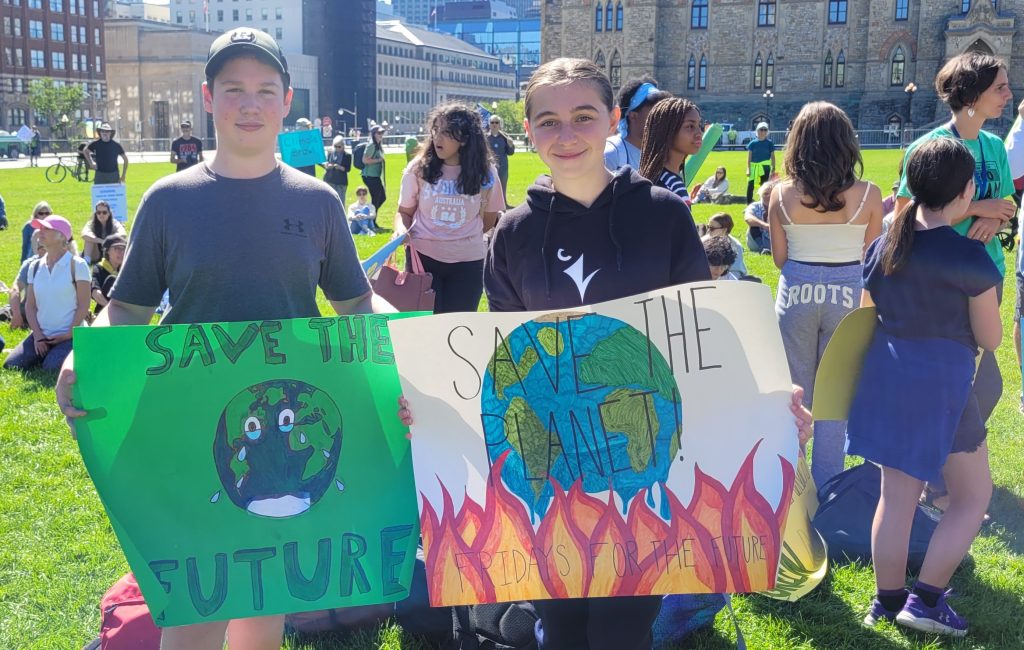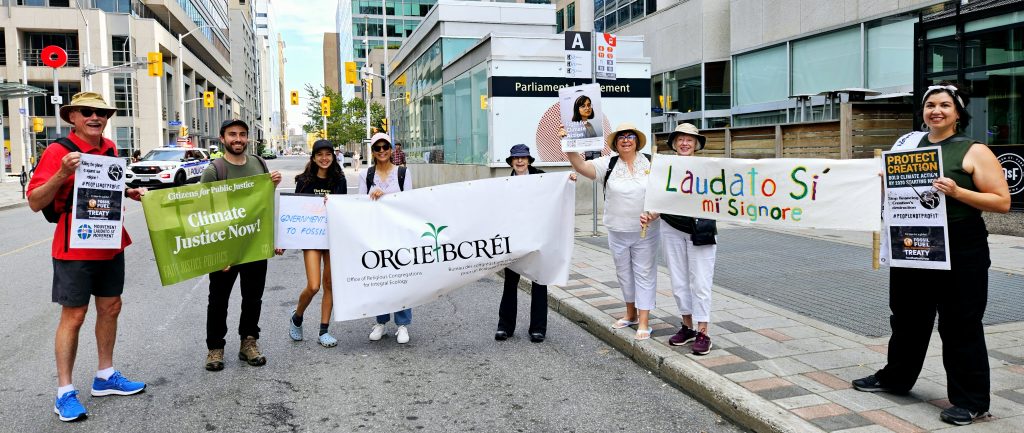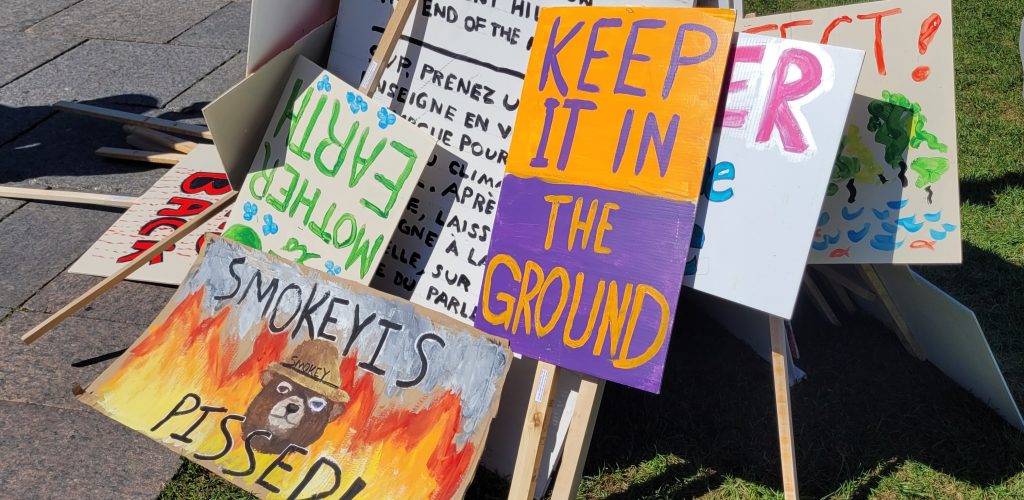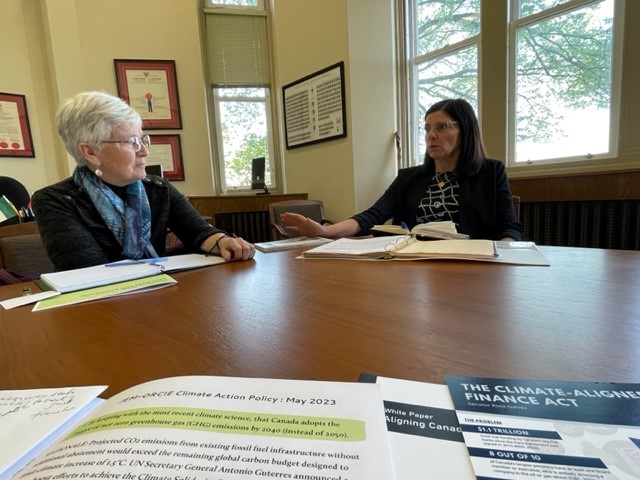For Jubilee 2025 ORCIE explores the concept of ecological debt and its deep connections to global financial exploitation in a special deep-dive position paper, Linking Ecological Debt to Global Financial Exploitation. This paper explores the deep-rooted connections between environmental destruction, colonial legacies, and the ongoing economic disparities between the Global North and South. Inspired by Pope Francis’s urgent appeal for debt forgiveness and systemic reform, the paper advocates for a reform of the current global economic system to advance the Sustainable Development Goals (SDG’s). We invite you to engage with this vital conversation and join us in the pursuit of a just and compassionate future.
Find the executive summary here: Linking Ecological Debt to Global Financial Exploitation Summary
Find the Spanish version of the Executive Summary Here: Vinculando la deuda ecológica a la explotación financiera mundial





